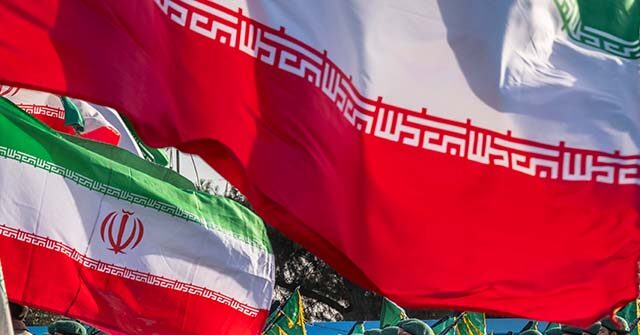In a recent appearance on CNBC’s “Squawk on the Street,” Helima Croft, the Global Head of Commodity Strategy for RBC Capital Markets, discussed the current landscape of Iranian oil sanctions and their implications. Croft noted that enforcement of sanctions on Iranian oil has diminished significantly over the past five years, which has led to a surge in Iranian oil exports reaching a six-year high. This shift in the enforcement of sanctions could have various geopolitical ramifications, prompting discussions within the Biden administration about possibly reintroducing stricter sanctions to curb Iran’s oil trade. The intent behind these potential sanctions may be to influence Israeli military actions in the region, particularly as tensions escalate.
China plays a critical role in the current dynamics of the Iranian oil market. As the largest purchaser of Iranian crude, China’s demand significantly impacts Iran’s export capacity. Croft’s analysis suggests that despite reduced sanctions enforcement, Iran has successfully navigated this landscape, maintaining robust oil exports. The geopolitical implications of increasing Iranian oil exports are considerable, particularly concerning how they affect energy prices globally and the strategic responses from other nations, particularly in the Middle East. The potential for enhanced sanctions may thus represent both a regional security measure and a response to the elevated risks of Iranian oil hitting the global market.
Croft raised concerns about the vulnerability of key infrastructures in the Middle East, especially in light of potential military actions. She warned that if sanctions enforcement leads to retaliation from Iran, this could result in significant disruptions in oil deliveries via critical shipping lanes, such as the Strait of Hormuz. Historically, Iran has demonstrated its ability and willingness to target maritime vessels and regional oil pipelines, actions that could exacerbate tensions and lead to wider conflicts. With around 1.7 million barrels a day at stake if a major terminal is attacked, the stakes are high for both the Iranian regime and the global oil market.
Moreover, the interview highlighted the intricate link between oil, national security, and regional stability in the Middle East. Iran’s strategic targeting of energy infrastructure is a critical consideration for oil-dependent economies, as disruptions can lead to spikes in global oil prices and economic instability. Croft’s emphasis on understanding Iran’s potential retaliation strategies underlines the broader implications of energy control for international relations, especially as countries like the United States and Israel navigate their policies towards Iran.
The potential for renewed sanctions and the possibility of military conflict in the region carry with them not only economic implications but also significant geopolitical shifts that could alter the balance of power within the Middle East. As Iran remains capable of targeting key energy routes and infrastructure, the responses from other nations may dictate future energy security and market dynamics globally.
In summary, Helima Croft’s insights on CNBC illustrate the evolving landscape of Iranian oil sanctions and their potential ramifications, especially in relation to global energy security and regional stability. With a prominent player like China sustaining its purchase of Iranian oil, the delicate interplay between sanctions enforcement, military responses, and the resilience of energy infrastructures will shape much of the geopolitical discourse in the coming months. As the U.S. administration considers tougher sanctions, the underlying question remains: what actions will Iran take in retaliation to protect its oil exports and geopolitical ambitions? This ongoing negotiation of power and security will be critical in determining the future of Iranian oil in a highly interconnected world.

